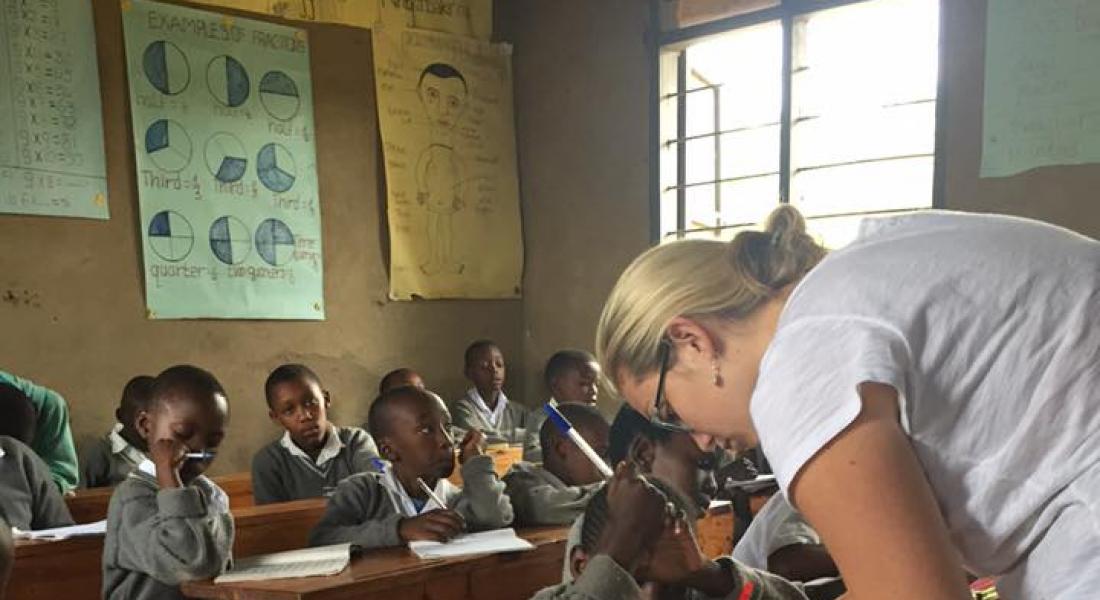
On Monday, June 15, 2015...
Two weeks ago I visited the Kigali Genocide Memorial Centre. It was an emotional and beautiful tribute to the nearly one million Rwandans who lost their lives at the hands of genocide perpetrators. Beyond providing the history and recounting the days of the genocide, the museum provided an exhibit on other genocides that occurred around the world, both before and after the Genocide against the Tutsi in Rwanda. The museum recognized that genocide was not an isolated incident, and it was not just one group killing another. It is friends killing friends, neighbors killing neighbors, Rwandans killing Rwandans, Germans killing Germans, etc. The memorial makes one think about the core of human nature and the desire to protect one’s life. I immediately thought about the inherent dignity of each individual that signifies that he or she has a right to live regardless of these arbitrary qualities and differences, which do not take away from the common humanity that we all share. Respecting one another is so important if we hope to share and grow together through our common humanity as God’s creatures.
I am also taking time to learn Kinyarwanda through instruction from one of my fellow teachers at the school. He has taught me the numbers, basic phrases, and some verbs. I now know how to count into the thousands, ask how much something costs, tell a bus driver to stop, ask where the toilet is, and even say “I am,” “I need,” and “I want.” I have to say I was very excited to learn verbs and phrases, because I really want to be able to communicate with the people who live in the neighboring village, whose English vocabulary does not expand past “Good Morning,” and “Good Afternoon.” I firmly believe the only way to truly understand and immerse oneself into a culture is to understand and to comfortably speak the language of that culture. Through the shared language ability, idiomatic phrases take on an entirely different meaning that is not lost in translation between two very different languages. I plan to dedicate the next year to learning and becoming conversant in Kinyarwanda so that if I am granted the ability to return to Rwanda, I can not only live as the Rwandans do, but also speak and interact in the same way.





